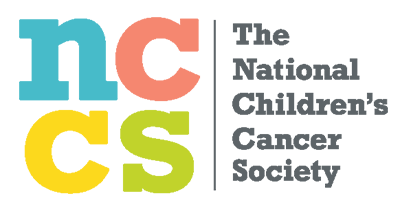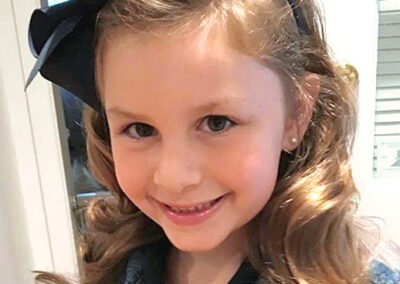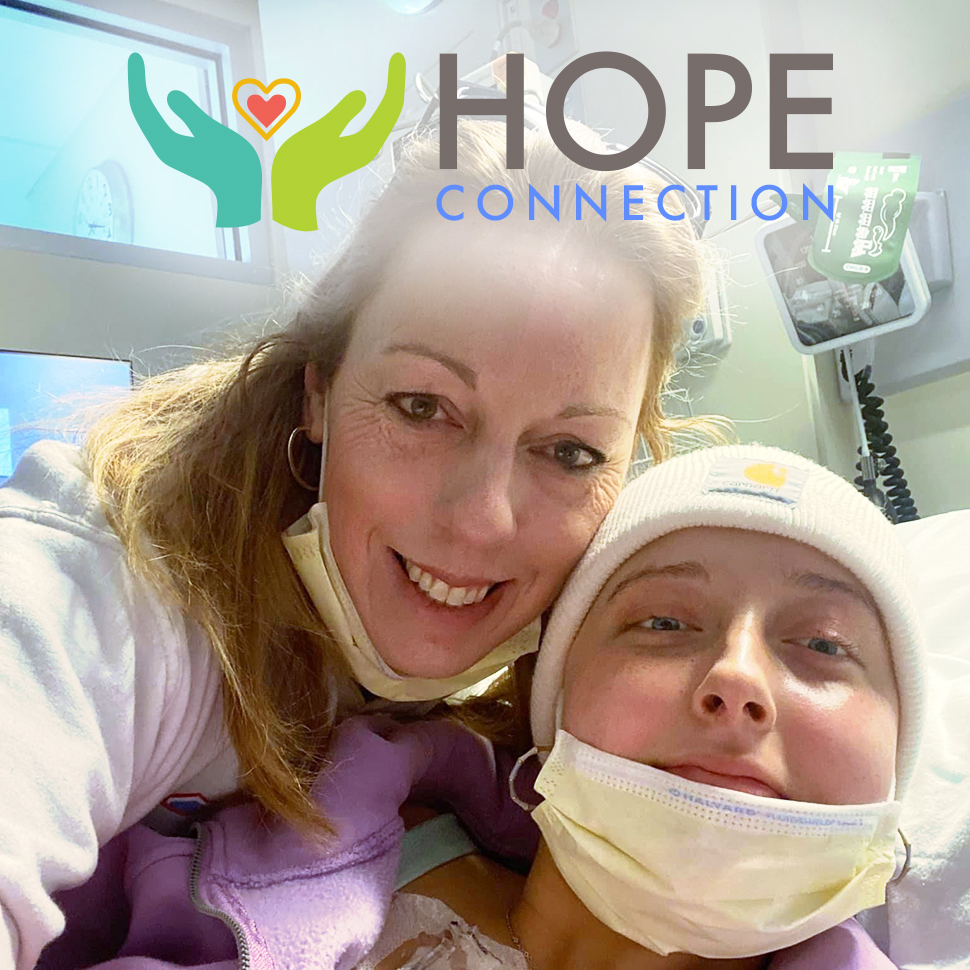
The Hope Connection
An e-newsletter filled with invaluable insights, personal stories, and practical tips for families touched by childhood cancer.
Sign up to receive The Hope Connection quarterly e-newsletter. Scroll down to browse previous newsletter articles.
Hope Connection Articles

The Beyond the Cure Survivorship Program empowers childhood cancer survivors to pursue higher education and life beyond cancer. Since 2008, this program has awarded more than $2.7 million to 257 survivors. For the 2026-2027 academic year, 50 scholarships will be awarded to survivors who demonstrate resilience, determination, and hope for the future.

Many childhood cancer survivors experience long-term physical or cognitive late effects that could lead to challenges in the workplace. These challenges often require accommodations and resources to help survivors navigate professional boundaries and avoid discrimination. The Americans with Disabilities Act (ADA) is a federal law that protects qualified individuals with disabilities, including cancer survivors, from discrimination. This law prohibits employers from using unfair hiring or firing practices and requires them to provide reasonable accommodations when needed.

Each year, approximately 15,000 children in the United States are diagnosed with cancer, yet childhood cancer research receives less than 4% of national cancer research funding. The fight for new and improved legislative efforts focused on childhood cancer has been a long and uphill battle for many years. While the journey has been challenging, the dedication of families, survivors, and supporters continues to make an impact. In 2025, those efforts led to meaningful progress.

Our Beyond the Cure Survivorship Program is proud to provide support to hospitals across the country that host survivorship conferences. For 20 years, these conferences have educated childhood cancer survivors, caregivers, and their families on the many issues regarding survivorship and how to navigate life post-cancer treatment.

Isolation is one of the biggest challenges that come with cancer treatment, and it can have serious physical and emotional effects on a child. Social opportunities become limited and even dangerous when a child is undergoing treatment. Children are often placed “in a bubble” to reduce exposure, but this proactive method comes with its own potential risks.
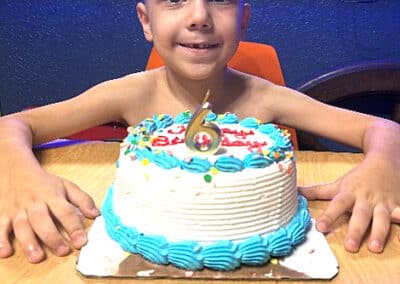
Boredom isn’t the first thing parents think about after a cancer diagnosis—but as treatment continues, it often becomes a real challenge for kids and families. During the winter months, that feeling can be amplified by time spent indoors and limited social opportunities. Within are a few ideas to help your child stay active, engaged, and connected at home or during long hospital stays.
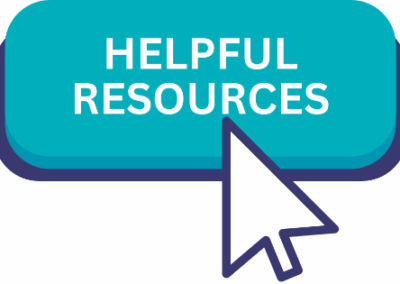
The NCCS is committed to being an anchor for families facing childhood cancer, from diagnosis and treatment to survivorship and beyond. In addition, the various programs offered by the NCCS, such as financial, educational, and emotional assistance, we strongly believe that there is bountiful strength and love within the childhood cancer community. With this, our website features a dedicated page highlighting other childhood cancer organizations and resources, giving families the opportunity to explore all their options and face the diagnosis with greater insight and support.

When treatment ends, it’s natural to feel immense joy and relief that the long, exhausting journey of cancer care is finally behind you. The constant hospital visits slow down, the medications taper off, and life starts to feel a little more open again. But if you’re also feeling anxious or unsure about what comes next, you’re not alone. Without the regular check-ins and support from your medical team, it can feel like you've lost a “safety net.” Questions and fears about recurrence may creep in, and that sense of control you felt during treatment can begin to slip. It’s okay to feel both relief and worry at the same time. Both emotions can exist together, and they often do after treatment.

When a child is diagnosed with cancer, self-care is often the last thing on your mind. Medical professionals may say, “You have to take care of yourself to take care of your child,” but putting that into practice can feel nearly impossible. The truth is, self-care doesn’t have to be elaborate; it can be found in small moments of calm in between the storm.
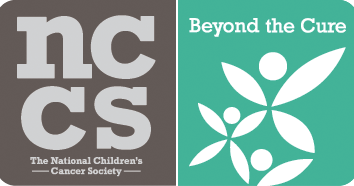
This year, The National Children’s Cancer Society proudly celebrates the 20th anniversary of our Beyond the Cure Survivorship Program (BTC). Since the program launched in 2005, BTC remains steadfast in its mission to help childhood cancer survivors transition from treatment to thriving while empowering lives by providing critical resources, education, and support.

For some children, an amputation becomes a necessary part of cancer treatment—especially in cases of bone cancer or complications from treatment. Adjusting to this change is deeply emotional and often takes time.
No results found.
